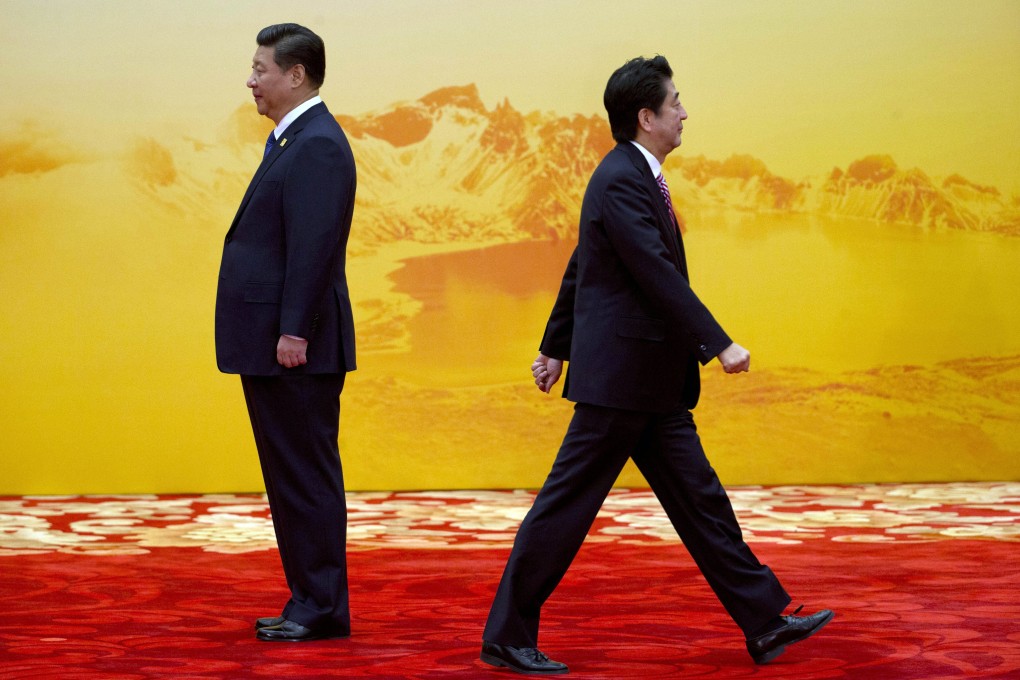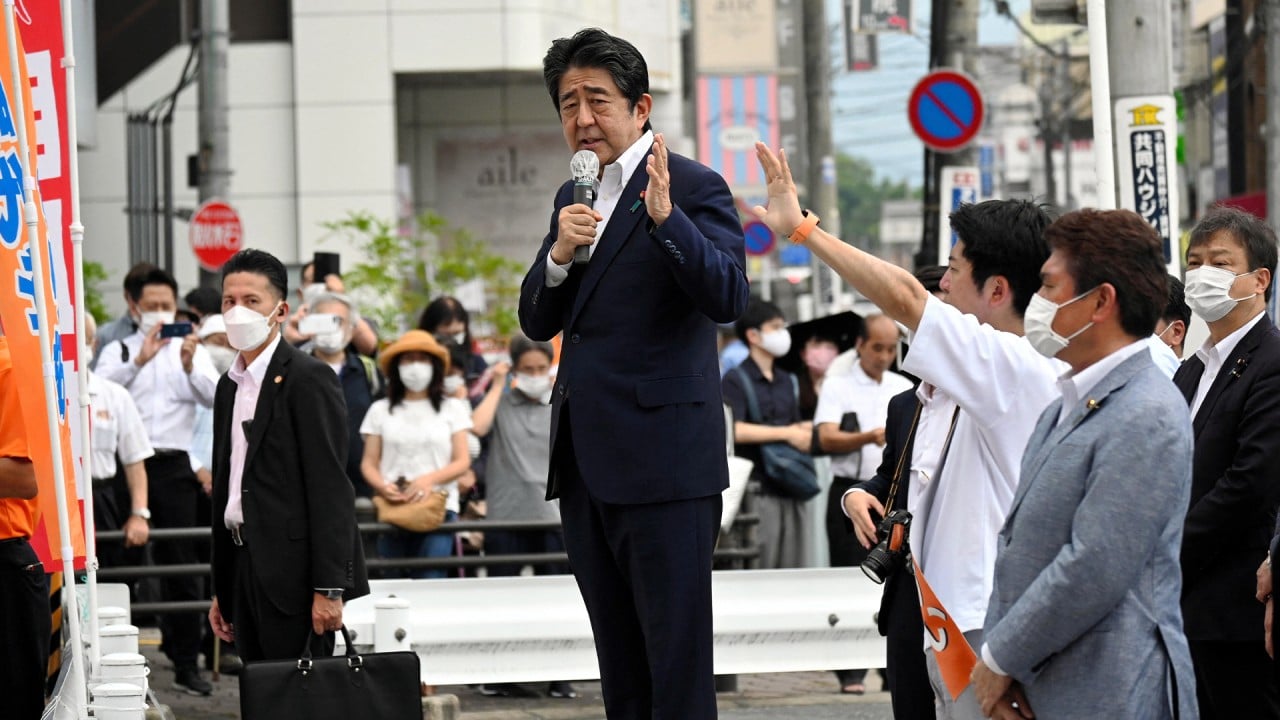Advertisement
As I see it | Why China is likely to miss Shinzo Abe and his vision as battles loom on many fronts
- Many Chinese consider the late Japanese leader to be a leading anti-China voice, because of his stated affinity for Taiwan and pro-US stance
- Abe’s measured approach and willingness to put historical animosity aside will be missed as bilateral ties look set for greater uncertainty
Reading Time:2 minutes
Why you can trust SCMP
6

Beijing is likely to have been stunned by the global mourning and outpouring of posthumous support for Japan’s former prime minister Shinzo Abe, assassinated earlier this month while making a stump speech.
Outside China, Abe has been credited for taking on a leadership role in the Indo-Pacific amid trenchant US-China sparring.
But within the country, many considered the late Japanese leader to be a leading anti-China voice, because of his stated affinity for Taiwan and pro-US stance.
What made Abe stand out was his vision and ability to help the world understand the need for a collective approach to counter an increasingly authoritarian, inward-looking China, while still advocating diplomatic engagement with it when others, including the US, would hesitate to do so.
It is regrettable that Abe’s nuanced, measured approach on Beijing and his boldness to act – particularly in steering bilateral ties clear of any premature confrontation over the two nations’ controversial history and territorial issues – have not been fully appreciated in China.
Anti-Japanese vitriol erupted on the heavily censored Chinese social media sites, with users gloating over Abe’s tragic death. Although Beijing quickly denied its role behind the toxic nationalist sentiment, the viral anti-Abe comments grabbed global headlines and eclipsed President Xi Jinping’s condolence message that acknowledged the Japanese leader’s “positive contributions” to bilateral ties.
In October 2006, Abe took many by surprise when he chose China as the destination for his first official trip abroad as a newly elected prime minister. It was a risky move as bilateral ties were at a historical low, just months after massive anti-Japanese demonstrations across China.
Advertisement

